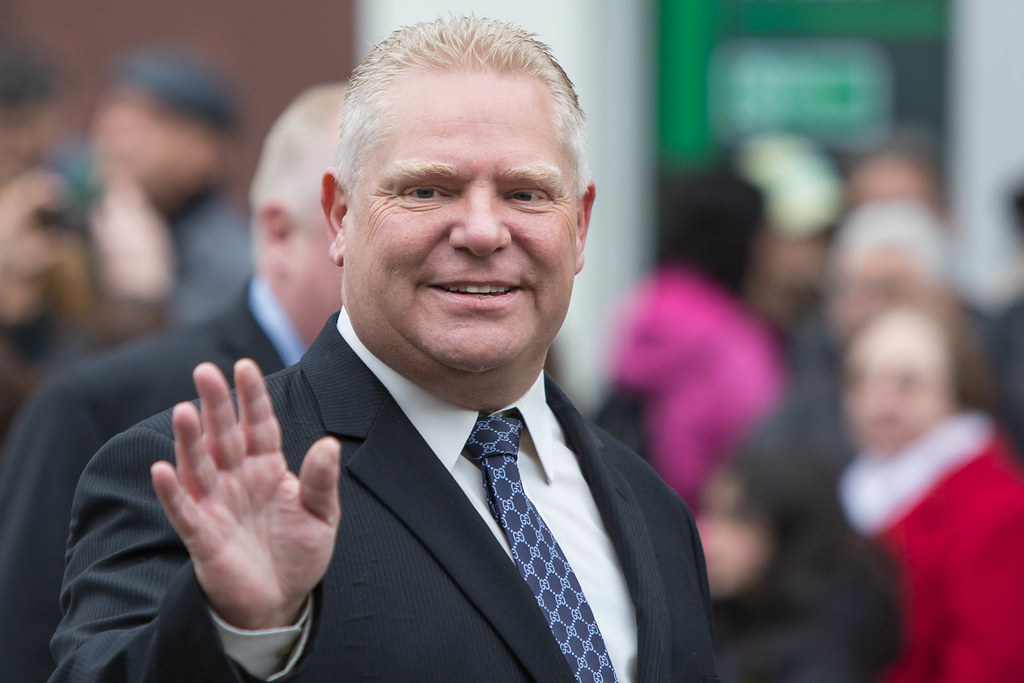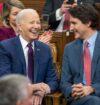Toronto’s Drug Plan Faces Federal Rejection
Toronto, ON – Ontario Premier Doug Ford expressed gratitude to the federal government for rejecting Toronto’s long-stalled pitch to decriminalize the possession of illegal drugs. Ford’s thanks came after federal addictions minister Carolyn Bennett cited “deep concerns” about the proposal, noting the city’s public health agency declined to make crucial changes.
Toronto Public Health first submitted its decriminalization request in January 2022, updating it in 2023 to include minors aged 12 to 17, citing the rising number of drug overdose deaths among this age group. The proposal sought to decriminalize personal possession of “all” controlled drugs and substances without setting limits on the amount one person could possess, nor did it include age restrictions. This approach contrasted with British Columbia’s pilot project, which limited decriminalization to certain drugs and included age restrictions.
The rejection came after weeks of political pressure on Minister Bennett to abandon support for the policy.
Minister Bennett explained that the absence of thresholds for personal possession and lack of age restrictions were major concerns. “Having that threshold matters because it’s about personal use, as opposed to trafficking,” she said, highlighting the need for clear enforcement boundaries. The lack of age restrictions also raised issues about protecting young people.
Dane Griffiths, a spokesperson for Toronto Public Health, acknowledged the rejection, stating that decriminalization is only one “evidence-informed policy tool to help remove barriers to care.” He noted the agency was informed of the decision on May 17, the same day it was announced publicly. However, Griffiths did not address the minister’s specific objections or the timeline of events leading to the rejection.
The rejection came after weeks of political pressure on Minister Bennett to abandon support for the policy. Prime Minister Justin Trudeau had earlier dismissed the application as “dormant,” adding to the confusion. The federal government ultimately rejected the proposal on grounds that it failed to “adequately protect public health and maintain public safety.”
During a news conference on Friday, Premier Ford reiterated his opposition to decriminalizing hard-core drugs, emphasizing the province’s jurisdiction over such matters. “As long as I’m premier, we’re never going to decriminalize hard-core drugs,” Ford stated.
The decision follows Ottawa’s move to scale back a similar pilot project in British Columbia, which became the first Canadian jurisdiction to decriminalize personal drug possession in early 2023. The pilot aimed to combat the toxic drug supply and overdose crisis by destigmatizing drug use but faced backlash from police, nurses, and the public. In response, the federal government recriminalized drug use in public spaces while maintaining legality in private spaces.
Minister Bennett emphasized the differences between the Toronto proposal and British Columbia’s model, noting that the latter included age limits and was limited to specific drugs. The rejection underscores the ongoing debate over the best approaches to address the drug crisis while balancing public health and safety concerns.



